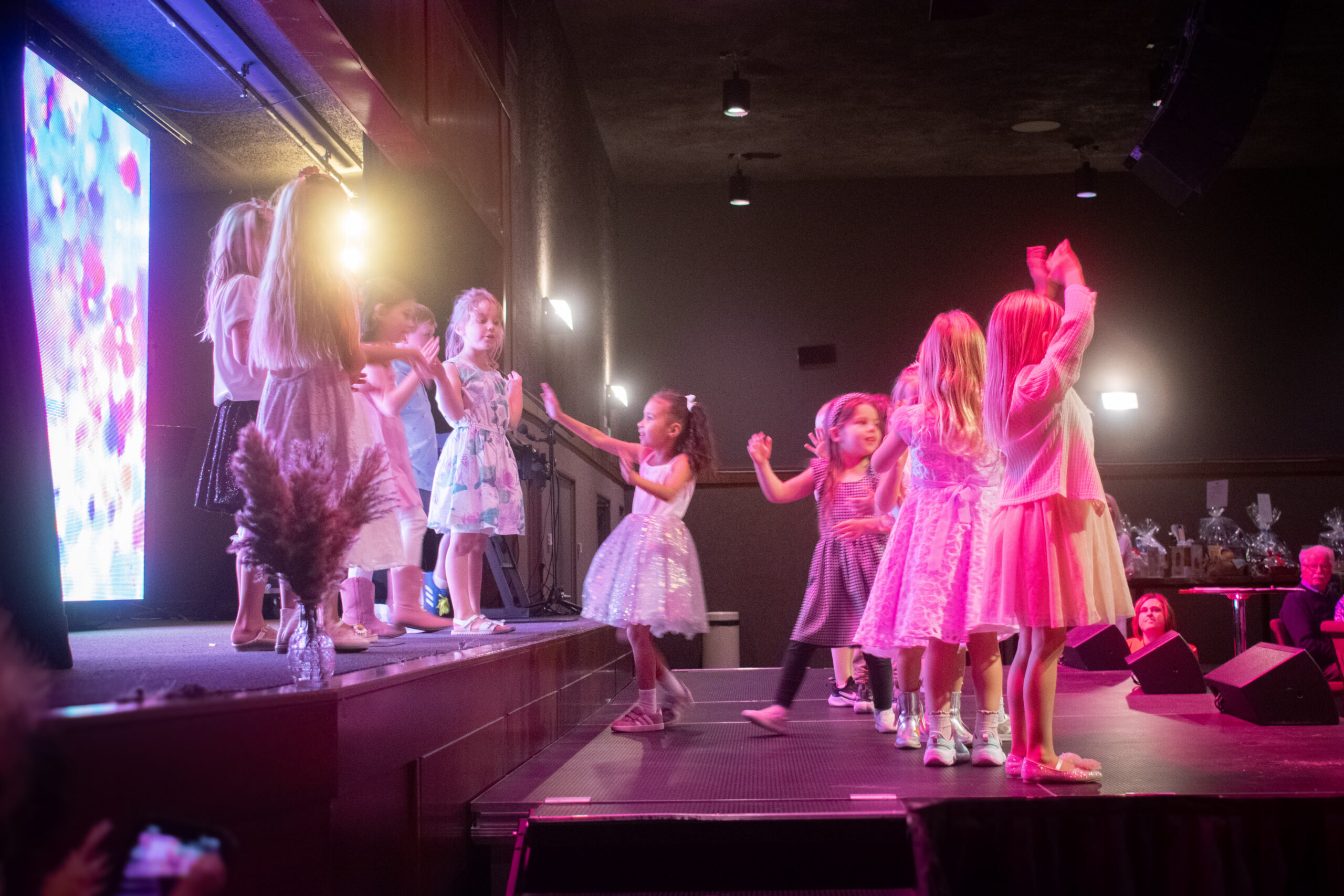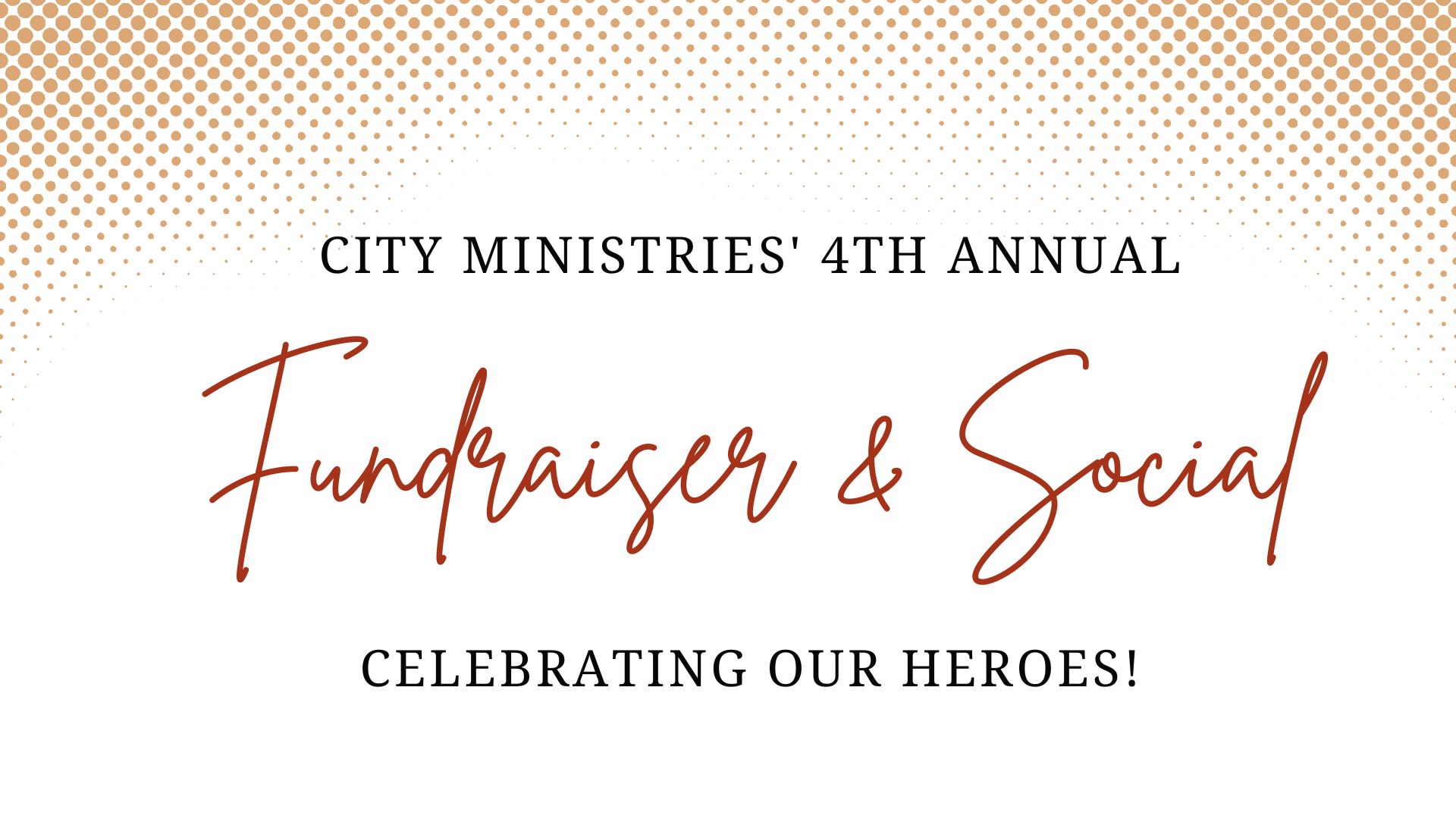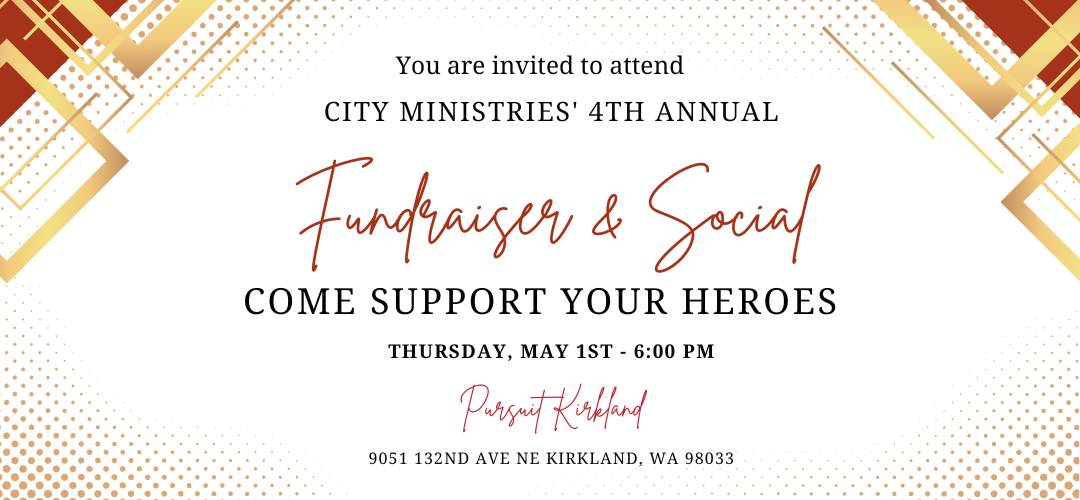When it comes to finding placements for foster siblings, it’s not always easy.
As a foster parent, you’ve already done a kind thing by opening your home to a child who needs care. But have you thought about having not just one, but maybe two or three foster kids at once?
This is definitely a big thing to think about.
When it comes to children experiencing the foster care system, being placed with their siblings is one of the best things to happen to them.
In this article, we’re going to take a deep dive into fostering sibling sets.
- Why Are Children Separated in Foster Care?
- The Detrimental Effects of Separating Siblings in Foster Care.
- The Importance of Sibling Relationships in Foster Care.
- Encouragement and Tips for Foster Parents Caring for Siblings.
You’ll learn more about how important it is for siblings to stay together while in foster care and how this benefits them in the long run.
Hopefully, after reading this, you’ll feel encouraged to care for a sibling set.
If this sounds overwhelming to you, we get it – and that’s why we’re here to help. We are City Ministries Child Placement Agency.
As a private foster agency in the Seattle area, we’re dedicated to helping you and your placement. Send us an email today to find out about all the help, services, and extra support we give to our foster families and their kids in care.
Think for a moment about how hard it is for a child to be taken away from their own family. Everything they know disappears in an instant.
But if a child can be placed with a sibling, they have someone who gets their story. It’s like having a bit of a safety net in a new and strange place.
Sadly, it’s not always possible for siblings to be placed together.
Why Are Siblings Separated in Foster Care?
Limited Space Available.
A foster home may only have room for one more child, depending on the number of kids already there.
Policies and procedures when caring for a foster child can prohibit children of different genders and ages from sharing a room.1 If the foster family doesn’t have the space, it’s impossible to place the siblings together.
Diverse Needs of the Children.
Each foster child has different needs. Some children in care need a family that can meet their unique behavioral, emotional, or medical needs.
Placing a child in a home that can care for their needs can mean separating them from a sibling who doesn’t have those needs.
Differences in Age.
Some foster homes might be better suited for younger children, making it more challenging if there’s an older sibling. Likewise, a home filled with teenagers might not be equipped or able to take on a baby.
School Considerations.
If the priority is to maintain the child’s current school, siblings might be separated.
Often it’s more beneficial to minimize the number of disruptions that occur when a child is placed in care. Keeping them with their current school, teachers, administrators, and friends might be better long term than keeping them with a sibling.
Foster Parents’ Preferences and Capacities.
Many foster parents feel comfortable and capable of taking in only one extra child, rather than multiple. A family with three of their own children might not have enough rooms, beds, car space, or resources to care for another two or three children.
Prior Sibling Separation.
If siblings never lived together prior to entering care, there may not be a need for them to be placed together. Siblings may have lived with different parents, grandparents, or other family members prior to entering care.
Agency or Court Decisions.
Sometimes sibling placement has nothing to do with homes available, but legal constraints. Legal regulations or court decisions might require the siblings to be separated for a number of reasons. Safety is a common one.
The courts may decide it’s in the best interest of the siblings to be placed in different homes. This could be due to sibling conflicts or other relationship considerations.
Initial Emergency Placements.
In the case of urgent situations requiring immediate placement, siblings might be separated based on availability. Often this is temporary with the goal of reuniting the siblings as soon as a home becomes available.
Understanding these reasons gives you better insight into the challenges involved in placing siblings together. Social workers, case managers, and the courts have a number of factors to consider when deciding what’s in each child’s best interest.
Regardless of the reasoning, separating siblings impacts their well-being.
The Detrimental Effects of Separating Siblings in Foster Care.
Short-Term Effects.
- Emotional Trauma and Distress: Children can feel abandoned or rejected by sibling separation. They may have more anxiety because they no longer have a familiar support system.
- Adjustment Challenges: Foster children may struggle to adapt to new environments without sibling support. This can increase feelings of loneliness and isolation.
- Behavior Issues: Children may act out more than usual due to the stress of being separated from siblings. This could be aggression, withdrawal, or other behavior issues.
- Instability in Current Placement: A child with challenging behavior has a greater chance of having multiple placements. With each transition, a child struggles to feel secure and bond with caregivers.
Long-Term Effects.
- Decrease in Social and Emotional Development: A child feeling isolated and insecure struggles to develop social and emotional skills. They may struggle to form healthy relationships outside of their foster family.
- Weakened Family Bonds: Being separated from a sibling removes their sense of family identity and connection. They also lose their connection to shared family experiences and memories.
- Educational and Cognitive Impacts: A child might struggle academically from the emotional distress and loss of sibling support. This includes trouble concentrating and learning.
- Mental Health Challenges: Foster children are five times more likely to struggle with anxiety and seven times more likely to suffer from depression than children not in care.2 Sibling separation increases feelings of loss, abandonment, and unworthiness.
- Challenges in Adult Relationships and Independence: Instability in childhood makes it hard to form stable, trusting relationships in adulthood. Without the foundational support of sibling relationships, children can struggle to navigate life’s challenges.
Sibling bonds play a crucial role in a child’s well-being. Let’s explore how sibling relationships are beneficial when kids are in foster care.
The Importance of Sibling Relationships in Foster Care.
Emotional Support.
- Creates a Sense of Belonging: Siblings give each other a sense of identity. This impacts their self-esteem and emotional security. A child nervous about starting a new school can find comfort in having their sibling by their side.
- Shared History and Memories: Siblings share personal memories and history supporting their emotional resilience. Siblings can reminisce about past holidays, significant family events, or experiences providing comfort during a challenging time.
- Continuity: Sibling connections offer consistency in a life that’s full of transitions and instability. When foster children move to a new home, having their sibling present provides a sense of normalcy.
Mental Health.
- Reduced Trauma Impact: Having a sibling present decreases the trauma associated with entering foster care. This can reduce feelings of isolation and abandonment.
- Coping Mechanism: Foster siblings can act as coping mechanisms helping each other through challenging times. An older sibling can help a younger one develop coping strategies for dealing with grief or anxiety.
Physical Health.
- Stress Reduction: Playing and doing activities together can reduce stress. Playtime between siblings leads to laughter and physical activity which helps reduce stress.
- Healthier Lifestyle Choices: Siblings can encourage each other to make healthier lifestyle choices. They can motivate each other to play outside or maintain personal hygiene.
Social Development.
- Social Skills: Sibling interactions help develop social skills. Siblings learn how to share, empathize, and communicate. Daily interactions between siblings help them learn to negotiate, take turns, and resolve conflicts.
- Role Modeling: Older siblings serve as role models in social and educational situations. A younger sibling may imitate the older one’s study habits or how they interact with the rest of the family and learn from that.
Stability and Normalcy.
- Routine and Structure: Siblings help each other maintain their routines giving them routine and security. Keeping with a shared bedtime routine can help siblings get through a challenging part of the day.
- Safety Net: Siblings act as a safety net for each other providing reassurance in unfamiliar situations. When a foster child enters a new home or starts a new school, having a sibling present makes the environment safer and more manageable.
As a foster parent, being able to provide a home where siblings can stay together is one of the best ways to help children navigate this difficult time.
That doesn’t mean taking on a sibling set is easy.
Here are some strategies when caring for foster siblings.
5 Tips for Parents Fostering Sibling Sets.
1. Establish Routines.
Create consistent routines that give everyone in your household a sense of stability and predictability.
Set regular meal times, bedtimes, and homework schedules for kids in the home. When kids know what’s coming and what’s expected of them they’re better able to adapt to their new environment.
2. Promote Teamwork.
Encourage siblings to work together on chores or projects. This strengthens bonds and teaches valuable cooperative skills. Have the siblings clean up their room together or even work on a craft project.
3. Provide Individual Attention.
Every child in your household needs to know they are seen and valued.
Setting aside one-on-one time with each child is a great way to connect, build trust, and affirm their value in the family. It can be as simple as taking a child out to get a doughnut or ice cream.
4. Encourage Communication.
Teach and model effective communication skills to help your children express themselves in healthy ways.
Have regular family meetings where each child can share something about their day or an issue they’re facing. This creates a safe space for kids to open up with you and each other.
5. Foster Independence.
While siblings can benefit from the support they receive from one another, it’s equally important to encourage siblings to develop independence.
Get to know their individual interests and help them connect with friends their own age. Have them join after-school activities or sports teams that pique their interest.
The best thing you can do for your foster children is to continue caring for yourself to avoid burnout.
Self-Care Ideas for Foster Parents.
- Build a Support Network: Connect with other foster parents, join support groups, and lean on friends and family for emotional support. We offer monthly foster parent meet-ups where you can ask questions, get advice, and share your journey with other parents.
Send us an email and we’d be happy to provide you with more information.
- Set Boundaries: It’s important to maintain personal boundaries to prevent burnout and preserve your own family’s well-being. Designate ‘quiet hours’ in the evening when you can unwind and spend time with your spouse. The children can read or engage in other calming activities.
- Seek Respite Care: Utilize respite services when needed so you and your family can take a break and recharge. It can feel daunting to find a safe place for your foster children to go for a few days.
That’s why our agency offers respite to all our foster families. Every month, we arrange for your placements to spend a weekend with one of our trusted respite care providers.
- Practice Self-Reflection: Take time for personal reflection and be mindful of your own needs. Stay in tune with your reasonings for fostering. Keep a journal to process your struggles and victories as a foster parent.
Prevent burnout before getting there.
Find ways each day where you can rest and recharge. Surround yourself with a support system offering you encouragement for those challenging days.
If you’re in need of some encouragement, email our team.
We’re here to support you and your family, as well as your placement. Our goal is to provide you with wrap-around services. Giving you the right resources for your foster child’s success.
Become a Parent for Foster Siblings Today.
It’s important to recognize the profound positive impact you’re making when caring for siblings. Keeping siblings together during one of the most difficult times in their lives gives them a sense of security and safety.
If you’re feeling overwhelmed or uncertain about fostering siblings, you don’t need to do it alone. City Ministries Child Placement Agency is here to support you with resources, training, and advice tailored to fostering sibling sets. Email us today.
We know fostering sibling sets is a big ask.
But the impact this has on foster children’s ability not just to survive this challenging time, but truly thrive is priceless. And that’s a pretty amazing thing to be a part of.



